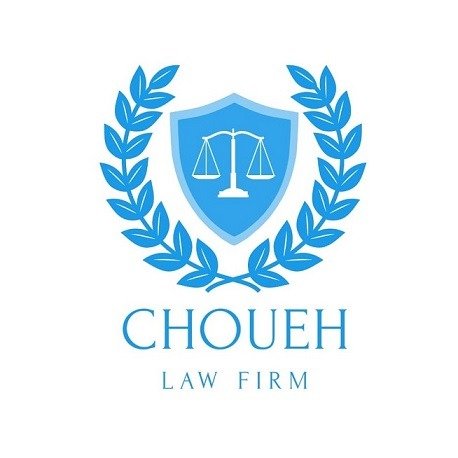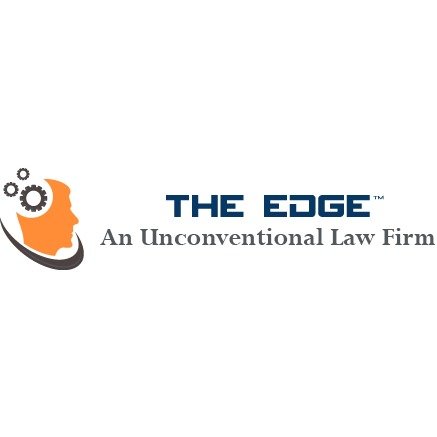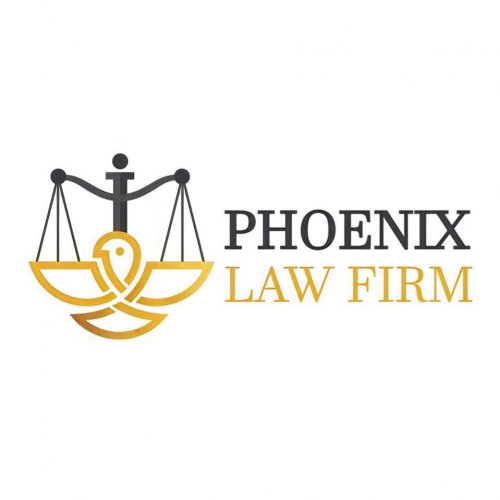Best Conveyancing Lawyers in Beirut
Share your needs with us, get contacted by law firms.
Free. Takes 2 min.
Free Guide to Hiring a Real Estate Lawyer
List of the best lawyers in Beirut, Lebanon
About Conveyancing Law in Beirut, Lebanon
Conveyancing in Beirut, Lebanon refers to the legal process of transferring ownership of real estate or property from one party to another. This process involves preparing, verifying, and registering documents to certify the change of ownership, ensuring all legal requirements are met. In Lebanon, conveyancing can be complex due to detailed property laws, adherence to historical registries, inheritance rules, and the need to verify property titles for legal clarity. As Beirut is the capital and largest city, property transactions here are subject to strict scrutiny, requiring parties to carefully follow local procedures to avoid disputes or delays.
Why You May Need a Lawyer
Legal assistance in conveyancing is highly recommended in Beirut for several reasons. First, Lebanese real estate laws are nuanced, and missing any step or requirement can result in invalid transactions or unintended consequences. Common situations where legal help is crucial include buying or selling property, resolving disputes over property boundaries, handling inherited properties, addressing issues with existing mortgages or liens, and confirming proper zoning or land use rights. A qualified lawyer can ensure every document is properly drafted and executed, manage negotiations, conduct thorough title checks, and protect your interests during a property transfer.
Local Laws Overview
Conveyancing in Beirut is governed by both national and local laws. Key elements affecting conveyancing include the requirement for public notarization of real estate contracts, registration of property transfer at the Land Registry Office (Cadastre), and compliance with inheritance and family laws, which heavily influence land use and ownership. Foreign ownership restrictions, municipal regulations, and unique Lebanese systems for documenting property titles also play important roles. Reliable proof of ownership, free and clear title, and proper assessment and payment of transfer taxes are all required steps to finalize property transfers in Beirut.
Frequently Asked Questions
What is the first step in the conveyancing process in Beirut?
The first step is usually to verify the legal ownership of the property by checking relevant documents and the official records kept by the Land Registry Office (Cadastre).
Do I need a lawyer to buy property in Beirut?
While it is not legally mandatory, hiring a lawyer is strongly recommended due to the complexity of Lebanese property laws and to ensure all legal aspects are properly handled.
Who prepares the transfer documents?
Lawyers or legal professionals usually prepare the relevant documents. All contracts involving the sale of real estate must be notarized by a public notary before registration.
How is property ownership officially transferred?
Ownership transfer is completed by registering the notarized sale contract at the Land Registry Office, which issues an updated property deed in the buyer’s name.
Are there any taxes or fees involved in conveyancing?
Yes, several taxes and fees apply, such as the real estate transfer tax, registration fees, and notary fees. Rates may vary depending on the property and parties involved.
Can foreigners buy real estate in Beirut?
Foreign nationals can buy property in Lebanon, but they are subject to specific restrictions and conditions, including obtaining prior government approvals for certain property types or locations.
What issues can delay a property transfer?
Delays can be caused by unclear property titles, unresolved inheritance claims, unpaid taxes or mortgages, or missing legal documentation.
How is inherited property dealt with in conveyancing?
Inherited property is subject to Lebanese inheritance laws, which are often influenced by religious law. Proper documentation and legal guidance are necessary to manage and transfer inherited properties.
What is a property title search and why is it important?
A title search is an examination of public records to verify legal ownership and identify any encumbrances or claims. It is essential to ensure the seller has the right to transfer the property.
How long does the conveyancing process usually take?
The timeframe can vary depending on the complexity of the transaction, but most straightforward conveyancing processes in Beirut take several weeks to complete, particularly allowing for document verification and registration.
Additional Resources
- Land Registry Office (Cadastre) in Beirut: Official body for property records, title verification, and registration.
- Beirut Bar Association: Offers legal resources and a directory of qualified property lawyers.
- Notary Public Offices in Beirut: Responsible for legalizing real estate contracts and transfers.
- Ministry of Finance: Handles property taxation and registration fee information.
- Lebanese Order of Surveyors: Provides guidance on property boundaries and accurate land measurement services.
Next Steps
If you are considering buying or selling property in Beirut, Lebanon, it is strongly advised to consult with an experienced conveyancing lawyer to guide you through the process. Gather all relevant documents related to your property and arrange an initial consultation. A lawyer can help verify the legal status of the property, draft and review all necessary contracts, and ensure all steps comply with Lebanese law. You may also contact the Land Registry Office or a recognized notary public for guidance on specific procedures and documentation requirements. Proactive legal assistance is the best safeguard for secure and successful property transactions in Beirut.
Lawzana helps you find the best lawyers and law firms in Beirut through a curated and pre-screened list of qualified legal professionals. Our platform offers rankings and detailed profiles of attorneys and law firms, allowing you to compare based on practice areas, including Conveyancing, experience, and client feedback.
Each profile includes a description of the firm's areas of practice, client reviews, team members and partners, year of establishment, spoken languages, office locations, contact information, social media presence, and any published articles or resources. Most firms on our platform speak English and are experienced in both local and international legal matters.
Get a quote from top-rated law firms in Beirut, Lebanon — quickly, securely, and without unnecessary hassle.
Disclaimer:
The information provided on this page is for general informational purposes only and does not constitute legal advice. While we strive to ensure the accuracy and relevance of the content, legal information may change over time, and interpretations of the law can vary. You should always consult with a qualified legal professional for advice specific to your situation.
We disclaim all liability for actions taken or not taken based on the content of this page. If you believe any information is incorrect or outdated, please contact us, and we will review and update it where appropriate.










